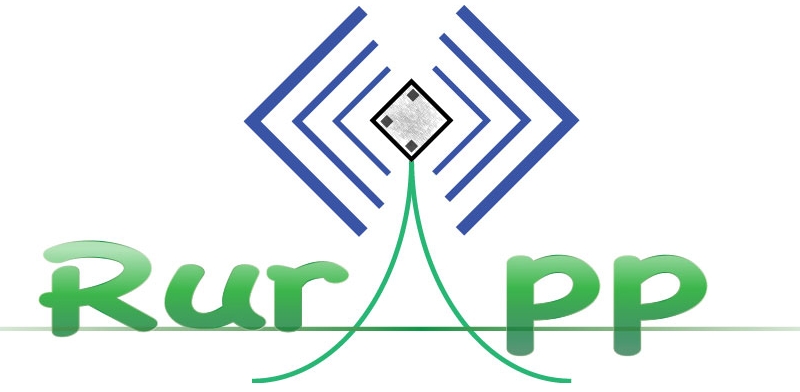It is common for farmers world wide face many risks such as poor weather, market risks, production risks and others. However, there are countless agriculural regions in the world with wholesome, organic produce grown in nutrient rich soils, but the regions are so poor that it has been difficult for buyers to penetrate. RurApp is bringing the latest in M2M and automation technology to the smallest, most remote farmlands of the world to help remote rural farmers get market access via RurApp enabled factories to consumer brands benefiting from exotic, wholesome and clean ingredients “with a good story”.
In many regions of the world, small holder farmers often never know if there is a market for their farm produce and any value adding required by local processors. For many farmers in developing countries market penetration by potential anchor firms has been affected by poor local infrastructure. As a consequence, many farmers, often in developing countries are constrained from reaching the market because of communication outages or badly maintained farm to market roads.
RurApp technology has been developed as a successful smallholder-led strategy for inclusive growth. By creating technology empowered Value chains, RurApp enabled factories support a structural transformation of the agricultural sector in the most remote of places. RurApp can reach rural farmers in the most remote locations and set up an automated value chain focus to RurApp Enabled Factories. Consumer trends are changing entire product ranges with exotic, healthy offerings commanding market share. RurApp Business Managers are helping remote farmers with the vital role of connecting agriculture to other services and manufacturers.
Upgrading, which is defined in terms of productivity and efficiency, is a key part of the RurApp strategy with a focus on playing an essential role in bringing smallholders into higher value markets. RurApp solutions also ensure rural farmers, particularly smallholders have the opportunity to invest in their own productivity. Such a strategy increases competitiveness for the entire value chain. Higher productivity, coupled with the ability to adapt to the ongoing changing market conditions for more healthy, sustainable and clean ingredients makes RurApp attractive to commercial partners including larger firms joining RurApp value chains.
In conclusion, RurApp integrates large numbers of small-scale farmers into competitive value chains linked to RurApp enabled factories. Technology takes away the traditional difficulties of particular production activity where remote farmers are traditionally isolated from value chains due infrastructure constraints.


